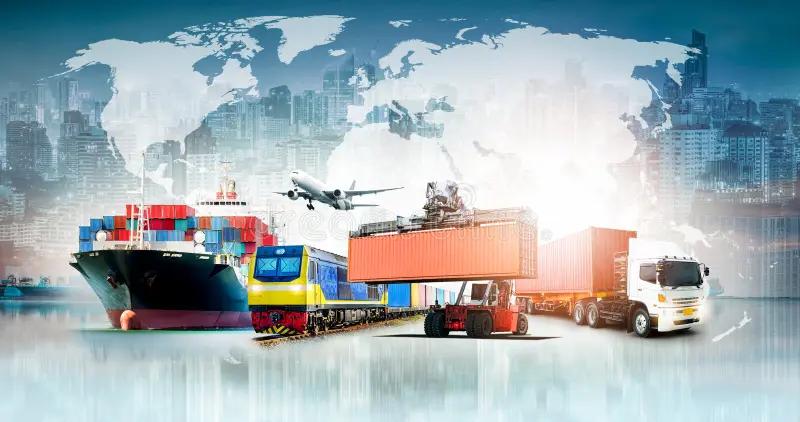
Taking your business beyond India’s borders can sound exciting, but the reality is often overwhelming. Between understanding foreign regulations, arranging global logistics, and convincing overseas buyers to trust you—it’s easy to get lost. Many great products never leave Indian shores simply because business owners don’t know how to navigate the export maze.
That’s exactly where an export agent in India makes all the difference. Think of them as your global trade partner who knows the rules of the game, has the right contacts, and helps you avoid costly mistakes.
What Exactly Does an Export Agent Do?
At its core, an export agent connects Indian businesses with international buyers. But their role goes far beyond making introductions. They handle tasks that most exporters either find confusing or time-consuming, such as:
- Finding buyers in the right market (e.g., a carpet weaver in Agra reaching high-paying buyers in Europe).
- Sorting out paperwork so shipments don’t get stuck in customs.
- Managing logistics from factory to foreign port.
- Negotiating deals that are both profitable and fair.
- Ensuring smooth communication between you and overseas partners.
Instead of learning everything about international trade the hard way, businesses can rely on export agents to fast-track their global journey.
Why Indian Businesses Benefit from Export Agents
India has a massive export potential. From IT services and pharmaceuticals to handicrafts and spices, the demand for Indian products is growing worldwide. But for many small and medium businesses, jumping into exports without guidance can mean:
- Delays due to incomplete documentation.
- Losses from unfavorable contracts.
- Difficulty in building trust with foreign buyers.
- High costs because of poor logistics planning.
An export agent helps avoid these roadblocks by acting as a bridge. For example, a textile startup in Tiruppur recently scaled its sales by entering Gulf markets—with the help of an export agent who already had trusted contacts in the region.
Different Kinds of Export Agents in India
Not every export agent works in the same way. Depending on your needs, you might come across:
- Commission-Based Agents – They earn when they help you close a deal.
- Export Management Firms – They practically run your export operations end-to-end.
- Freight Experts – Focus mainly on shipping and logistics.
- Customs Specialists – Ensure your goods clear regulatory barriers without trouble.
- Trading Companies – They buy your goods themselves and sell them abroad.
Choosing the right type depends on how much support you need—whether it’s just finding buyers or managing the whole export cycle.
How Export Agents Add Real Value
Here’s what businesses usually gain by working with a good export agent in India:
✅ Access to reliable international buyers
✅ Less stress around compliance and paperwork
✅ Better shipping rates and faster deliveries
✅ Stronger negotiation power with foreign companies
✅ Time saved to focus on production and innovation
In short, export agents turn international trade from a “risky experiment” into a “structured growth plan.
The Changing Role of Export Agents
With e-commerce exports, online trade fairs, and global buyer databases becoming common, you might wonder—are export agents still needed? The answer is yes, and maybe now more than ever.
Digital platforms can list your products, but they don’t negotiate deals, solve disputes, or guide you through cultural nuances. A buyer in Germany or the US is more likely to trust an Indian exporter who is backed by a credible agent with local knowledge.
Agents are also evolving—many now use tech tools like HS code search engines, buyer databases, and cost calculators, making the process smarter and more transparent.
Conclusion
For Indian businesses that dream of going global, hiring an export agent in India isn’t just a convenience—it’s a smart investment. Whether you’re exporting organic food, traditional textiles, or modern machinery, an export agent can open doors, simplify operations, and help you succeed in international markets.
Instead of struggling with global trade complexities, let an expert guide the way—so you can focus on what you do best: creating world-class products.